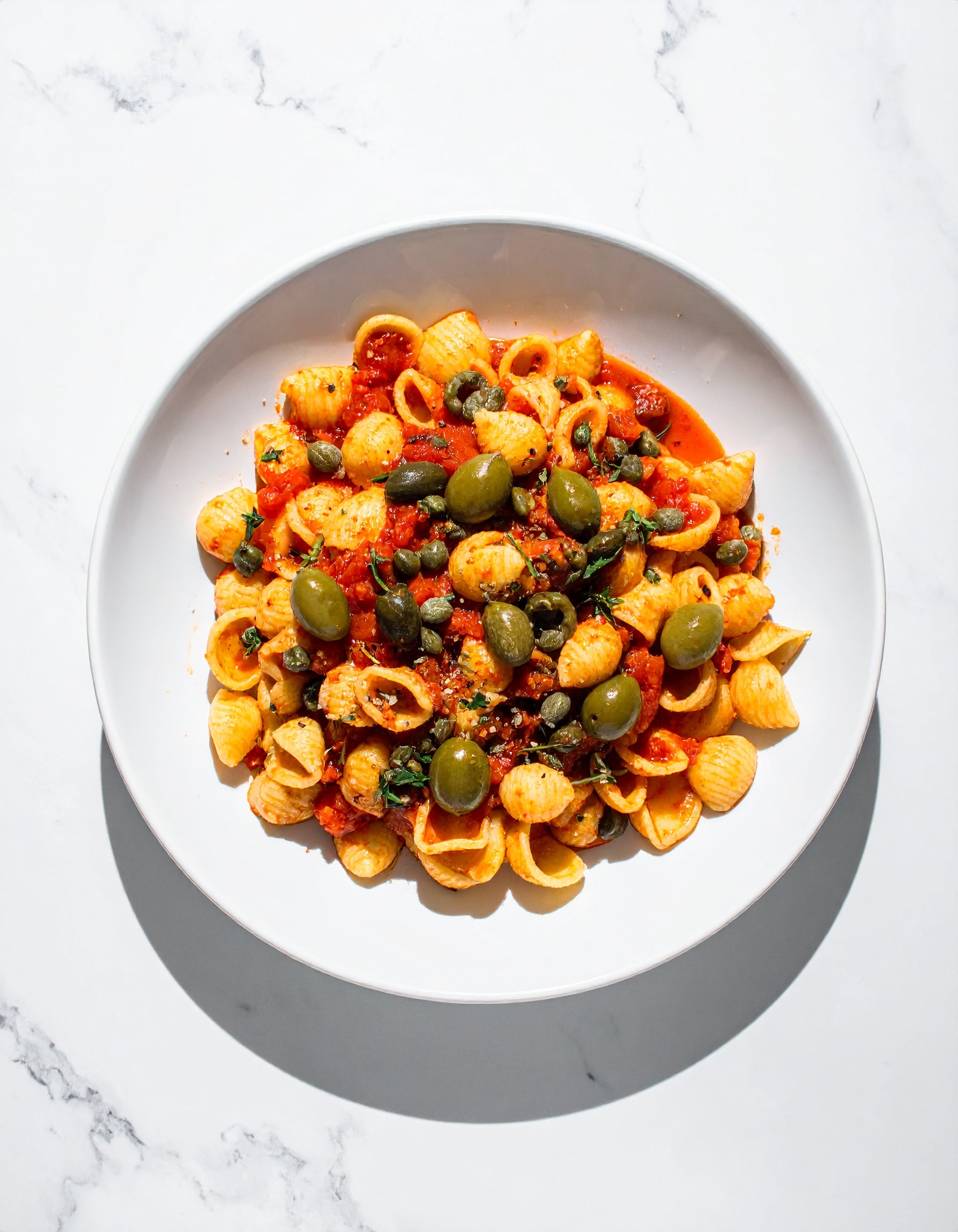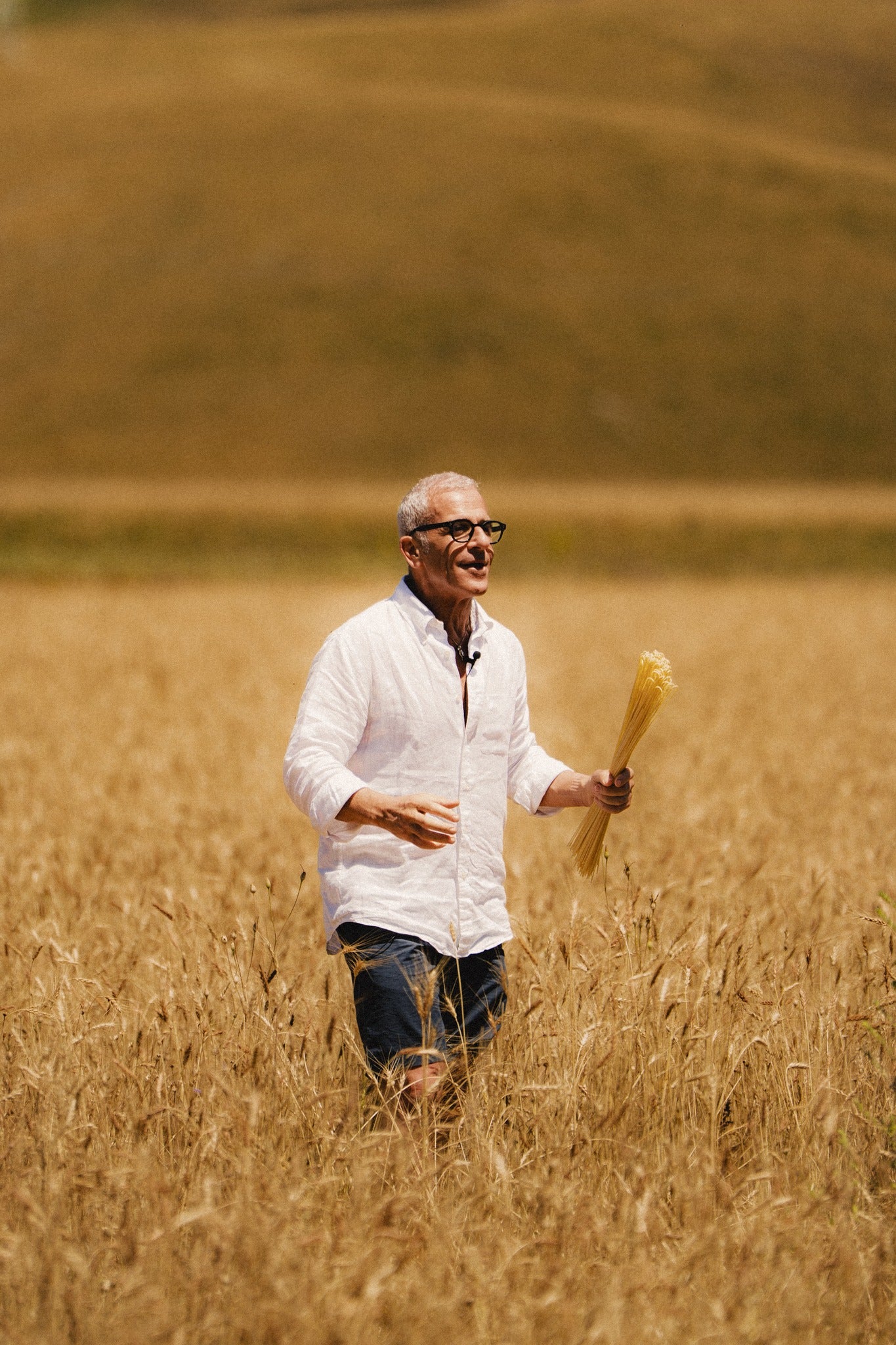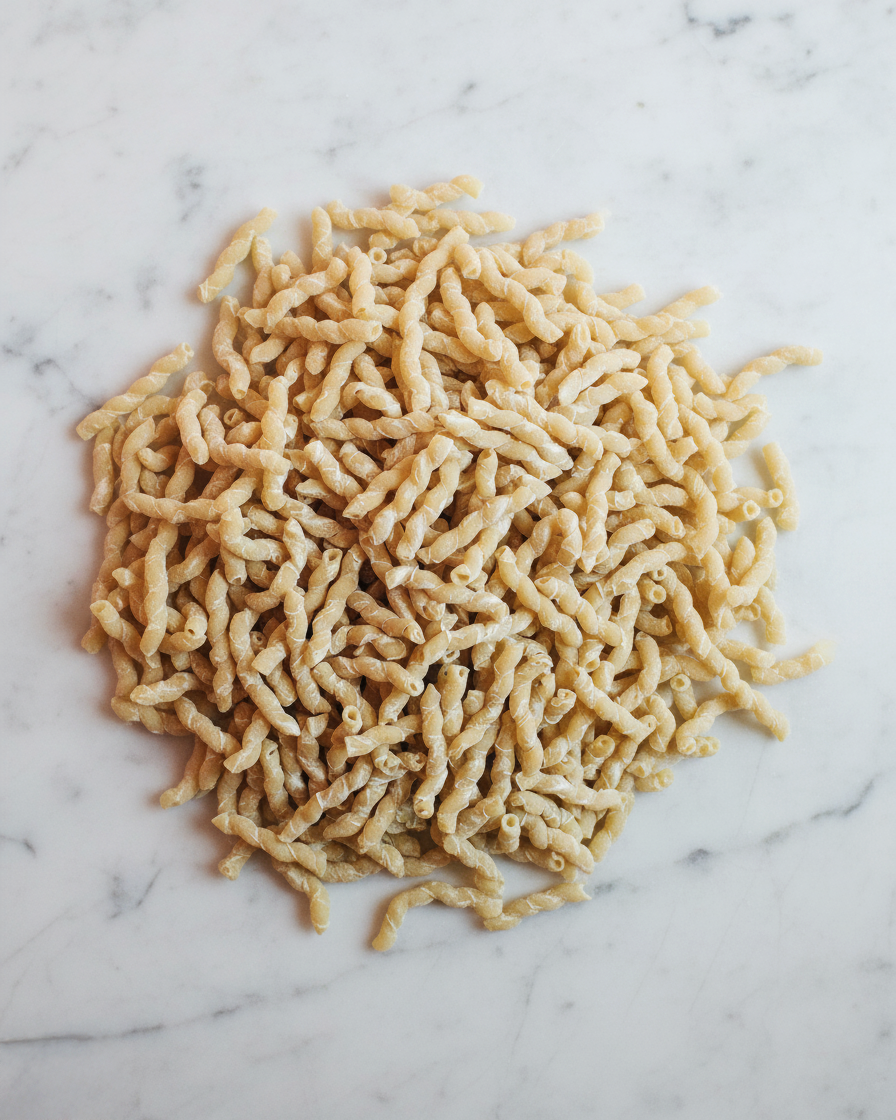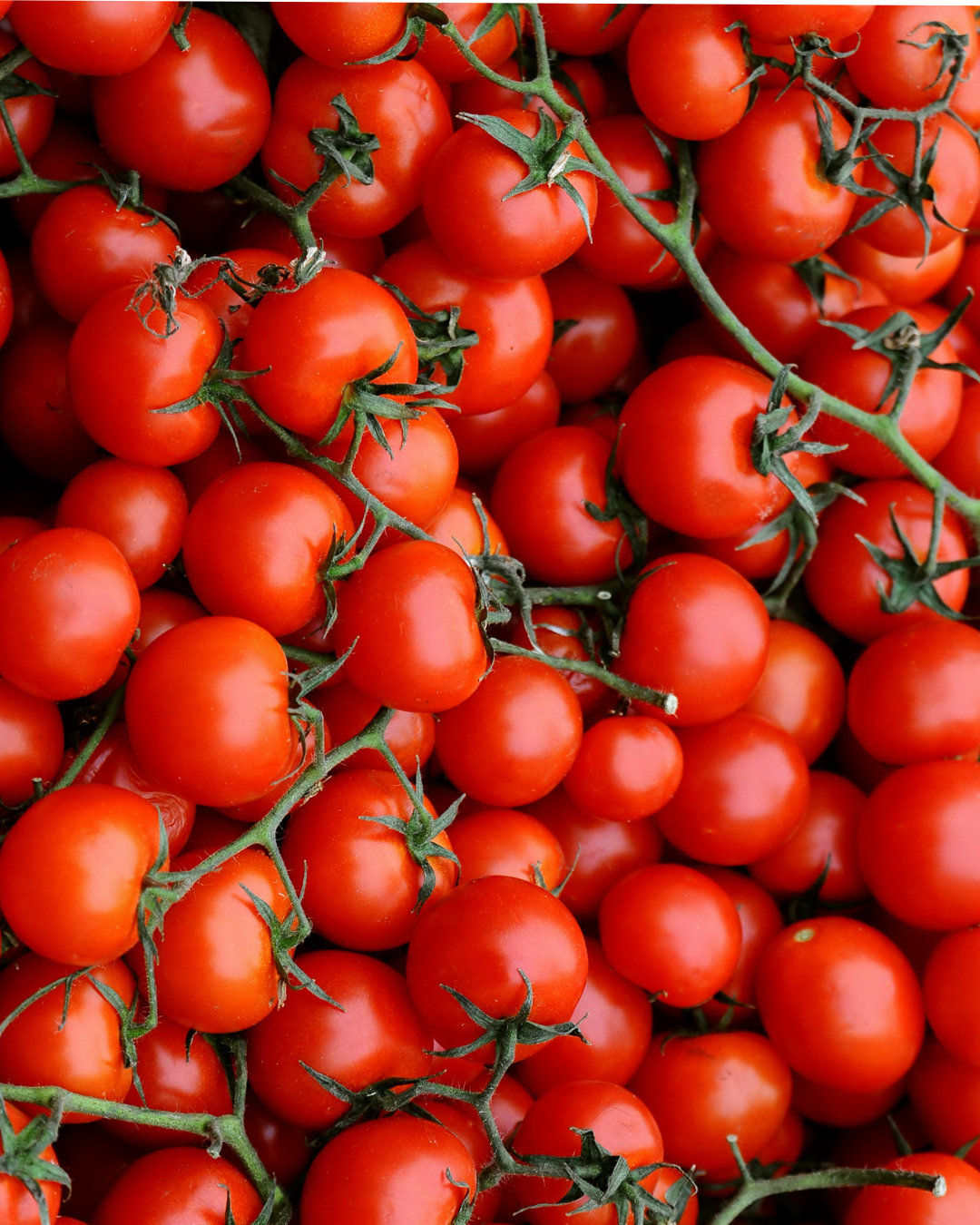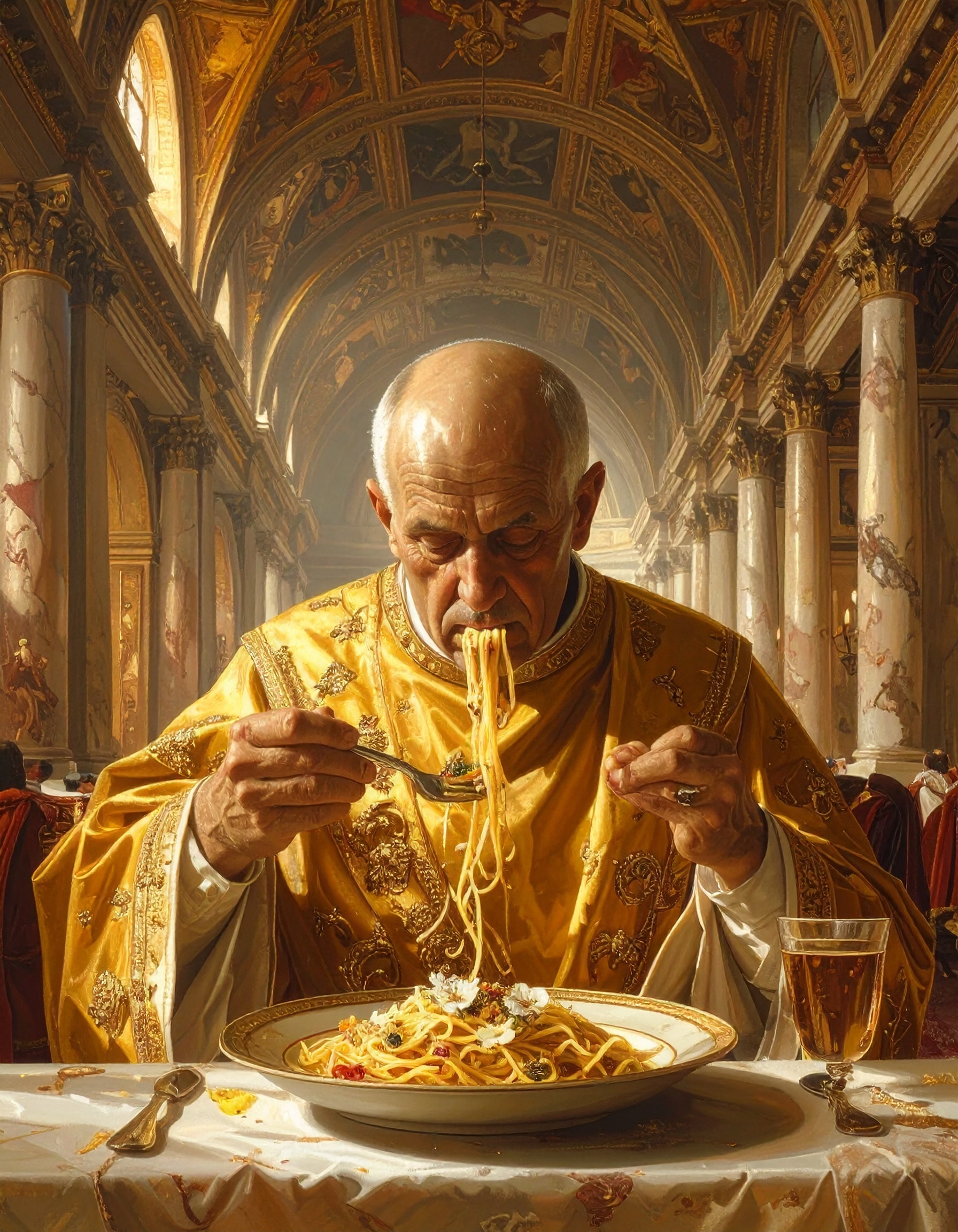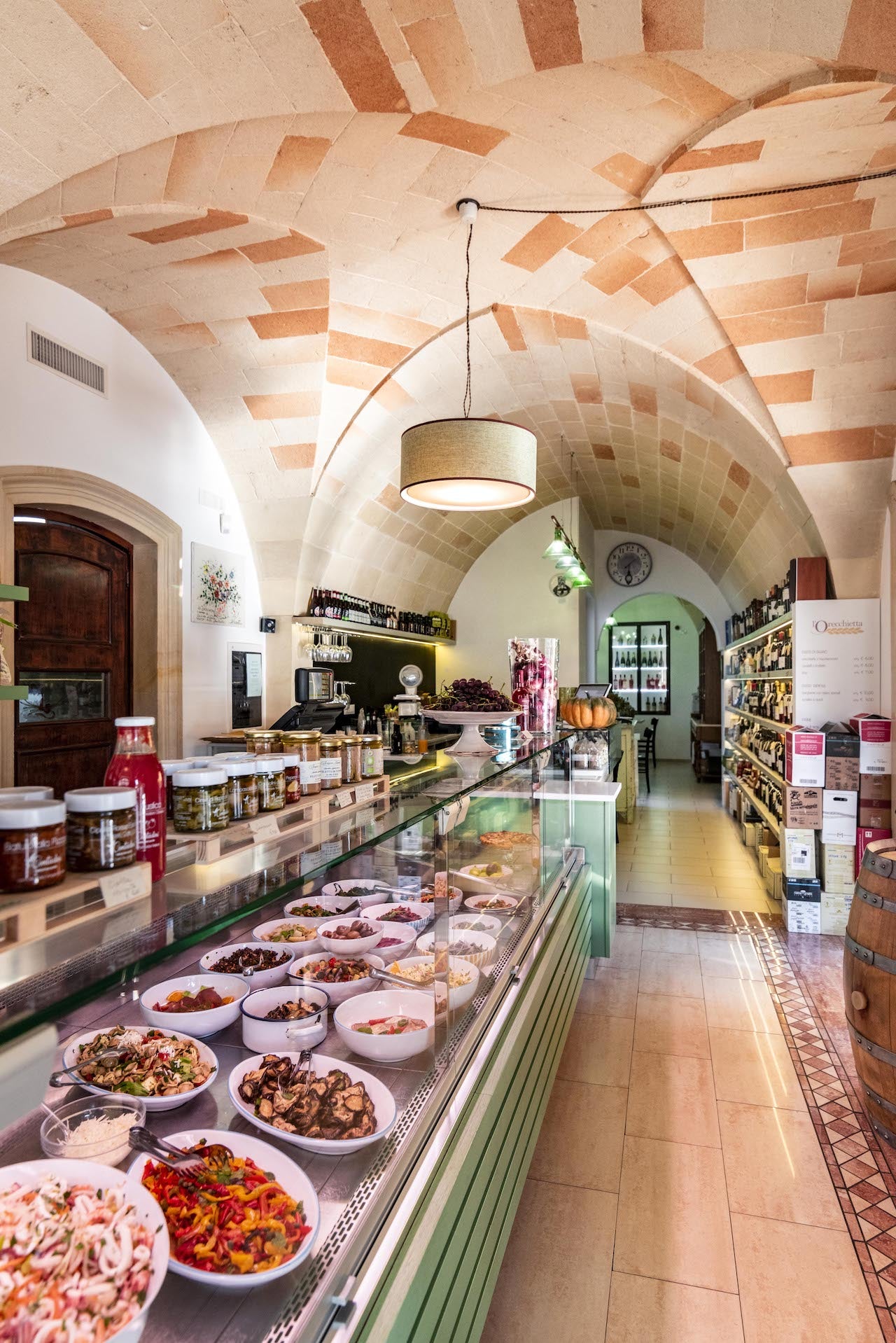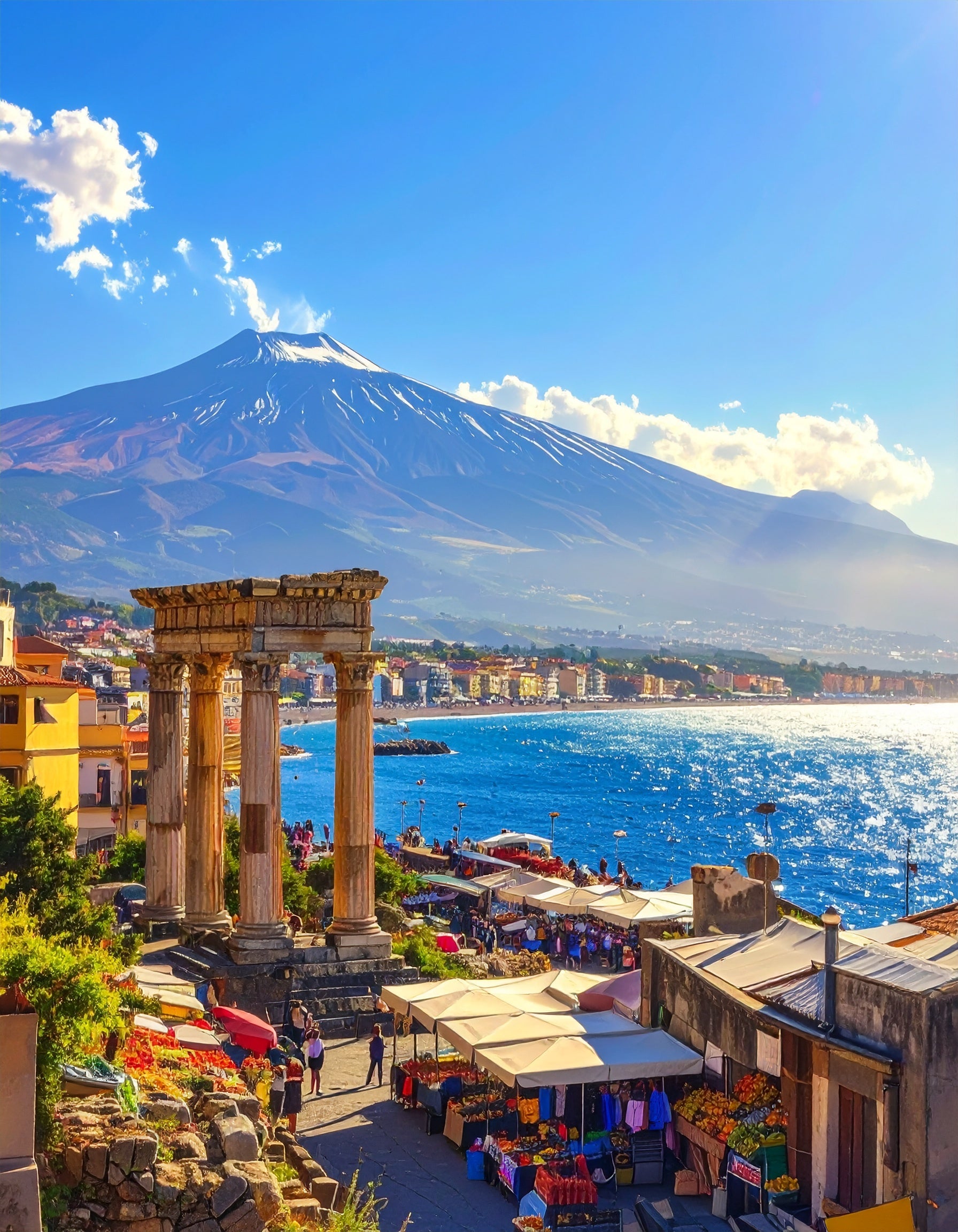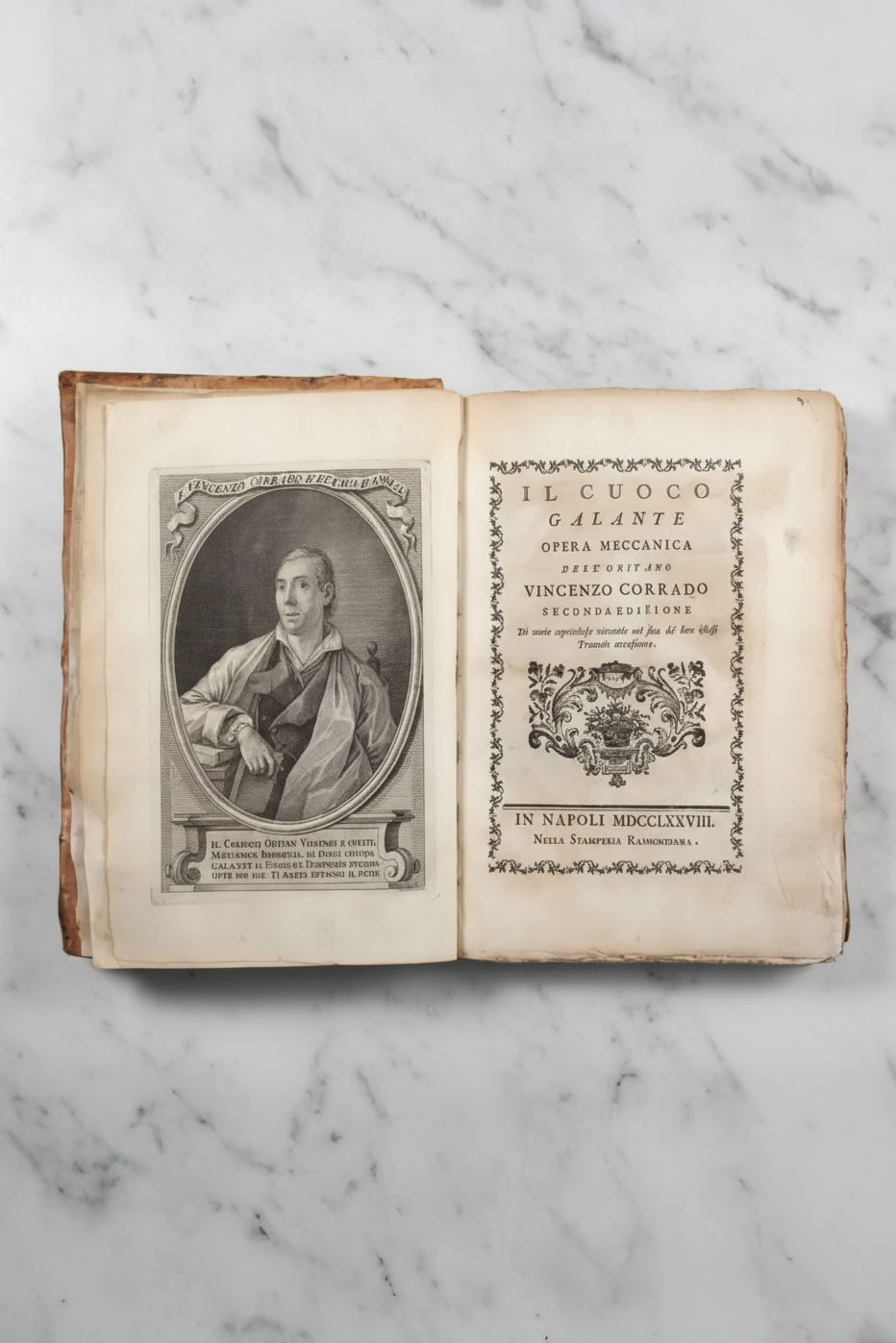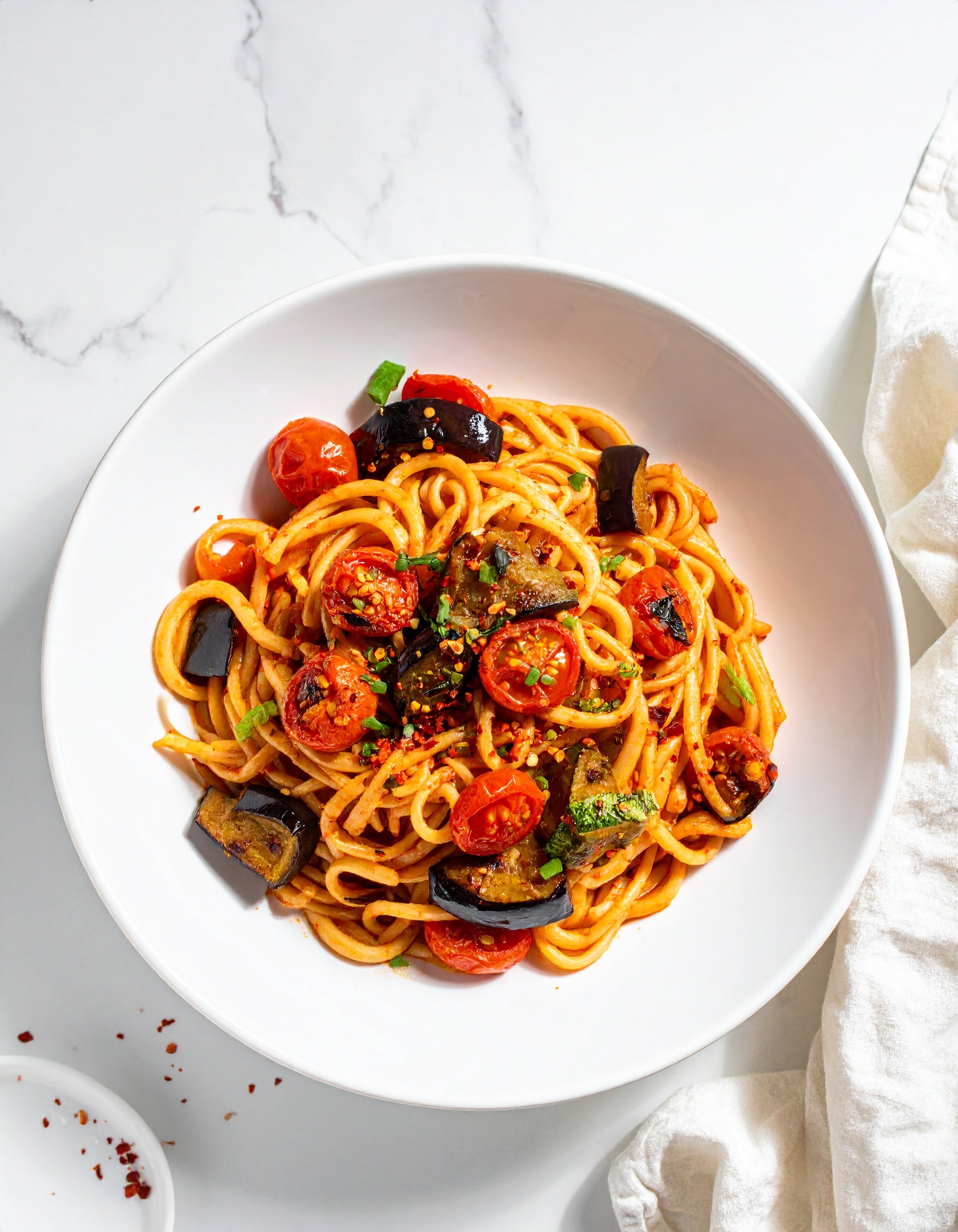Places: Maccaruna — The Southern Soul of Pasta, Reborn in Cambridge
In a city of bicycles and bookshops, where scholars debate philosophy over flat whites, something older and wilder is quietly being revived. Down a narrow lane off Cambridge’s Market Square, a golden thread of dough is stretched, rolled, and ridged by hand — the ancient southern-Italian way.
Welcome to Maccaruna, where Sicilian semola meets English air, and a lost pasta shape finds its voice again.
It’s an unlikely pairing: the medieval university town and the raw, sun-drenched traditions of Sicily and Calabria. Yet somehow, it works perfectly. Maccaruna — the name itself taken from one of the oldest pasta forms in Italy — is both a restaurant and a tribute, a place where craft trumps convenience and every bowl tells a story.
Origins — From Sicily to the Fens
Maccaruna is the latest creation from the team behind Aromi, Cambridge’s beloved Sicilian cafés known for their pistachio pastries, focaccia, and espresso that could wake the dead. Aromi’s founders — a family originally from Syracuse — wanted to bring a taste of their homeland to the city they now call home.
With Maccaruna, they went a step further: not just serving Italian food, but reviving an Italian ritual. Pasta made fresh every day, with nothing but organic Sicilian semola and free-range local eggs. No shortcuts, no machines doing all the work — just skill, precision, and a deep respect for the grain.
Their philosophy is refreshingly simple: Fresh pasta is alive. You can feel it in the hands, smell it in the dough, taste it in the bite. It’s an art that has survived wars, famines, and fashions, and now finds itself rolling again in the heart of Cambridge.
The Shape — Maccaruna (or Macaruni)
Before spaghetti ruled the world, before rigatoni and penne became supermarket regulars, there was maccaruna — a long, hand-rolled pasta made around a thin wooden rod or wire. In Calabria, it’s often called fileja or scilatelli; in Sicily, maccaruna was the everyday word for pasta itself.
The method is hypnotic: small pieces of dough rolled with a ferretto (a thin iron stick) into long tubes with subtle ridges that grip sauce like bark holds morning dew. It’s rustic, sensual, and intimate — a gesture that connects centuries of southern kitchens.
At Maccaruna Cambridge, the name isn’t just branding; it’s a declaration of intent. They are the keepers of that lost art. Each strand, glossy and golden, is a conversation between past and present.
When you twirl their maccaruna through a plate of alla Norma — silky aubergine, tomato, and basil — you’re not just eating pasta; you’re tasting history made tangible. That perfect cling of sauce to ridge, the tender but elastic bite — that’s the genius of the shape itself.
The Craft — Grain, Hands, and Heat
Every morning, the workshop at Maccaruna hums with quiet purpose. Flour from the volcanic soils of Sicily — organic semola rimacinata, fine and golden — is mixed with fresh eggs from nearby farms. The dough is kneaded until it feels like smooth skin, then rested, cut, and shaped.
The semola gives a distinct flavor — a gentle nuttiness, a faint perfume of grain — and that legendary springy texture. It’s the same kind of flour that southern Italians have used for centuries, prized for its protein content and its ability to hold structure even when sauced generously.
If you stand by the counter long enough, you’ll see the difference. The pasta has weight; it doesn’t float or flop. It carries the sauce like it was designed for it — which, of course, it was.
And because it’s made daily, there’s no warehouse, no shelf life, no preservatives. Just dough, water, eggs, and heat — as honest as food can get.
Cambridge — A City of Minds and Mouths
Cambridge has long been a city of ideas, but in recent years it’s quietly become a city of food too. Farmers’ markets buzz with local produce, and independent makers line the cobbled streets. Yet Maccaruna stands out — not because it’s flashy, but because it’s devout.
Housed at 3 Peas Hill, just a few steps from the ancient marketplace, Maccaruna looks unassuming from the outside. Inside, the air smells faintly of durum wheat and melted cheese. There’s something beautifully incongruous about it: a slice of Sicily set against the Gothic spires.
The founders never tried to make it “British-Italian” or water down their roots. The menu speaks fluent Sicilian: ragù simmered for hours, carbonara with proper guanciale and pecorino, mushroom and porcini pasta as rich and earthy as a truffle hunt. The only nod to its new home is the way it sources — local eggs, seasonal herbs, produce from East Anglian farms when possible.
And the locals have embraced it. Students drop in for takeaways between lectures; families share bowls at the window counter; visiting Italians leave misty-eyed, surprised to find something so authentic north of London.
The Taste of Memory — Dishes That Speak
Some dishes here feel like postcards from the south.
Norma, named after Bellini’s opera and Sicily’s unofficial anthem of aubergine, is a tangle of maccaruna coated in bright tomato sauce, scattered with basil and ricotta salata. The sauce clings perfectly, wrapping every ridge like silk.
The wild mushroom and porcini pasta is another favourite — earthy, creamy, never heavy, with a nuttiness that plays off the semola’s natural sweetness.
And then there’s the carbonara sbagliata — “the mistaken carbonara” — made with guanciale and pecorino, rich, golden, unapologetic. A little too salty for some reviewers, perhaps, but undeniably Roman in spirit.
These are not experiments or reinventions. They are acts of remembrance — dishes that respect their origins while adapting gracefully to their new surroundings.
 Fun Facts & Local Love
Fun Facts & Local Love
- The name “maccaruna” comes from the Greek makaria, meaning “blessed food.” Early pastas in Magna Graecia were indeed considered gifts of the gods — fitting for a dish that feels divine when done right.
- Cambridge’s link to Sicily goes deeper than you’d think: the university’s archaeologists have studied ancient Sicilian wheat cultivation for decades. So, in a strange way, the city was already connected to the grain.
- Maccaruna’s kitchen doubles as a stage. Passersby can watch the dough being rolled and cut through the front window — a quiet performance of craft in an age of fast everything.
- Local reviewers describe the pasta as “springy and soulful,” with one writing: “You can feel the sun in the flour.”
- TripAdvisor praise highlights the small space, friendly staff, and honest flavours — “Cambridge’s best-kept Italian secret.”
- The most popular dish? Norma, without question. The aubergine sells out before sunset on weekends.
7. The Future of an Ancient Art
Maccaruna might look like a small shop, but its symbolism is huge. It represents a new wave of British artisans who aren’t just importing Italian products — they’re importing process, philosophy, ritual.
In reviving a shape that even many Italians rarely see, they’re bridging two worlds: the fertile south and the intellectual north, the memory of tradition and the hunger for authenticity.
So next time you walk through Cambridge and smell tomato sauce mingling with the city’s autumn air, follow it. Down Peas Hill, past the shop window with its bronze light and flour-dusted counter. Order whatever’s fresh.
When you lift that fork and see the sauce clinging to each ridge of maccaruna, know this:
You’re not just eating pasta. You’re tasting a craft that travelled across centuries — and found a home among the scholars.






